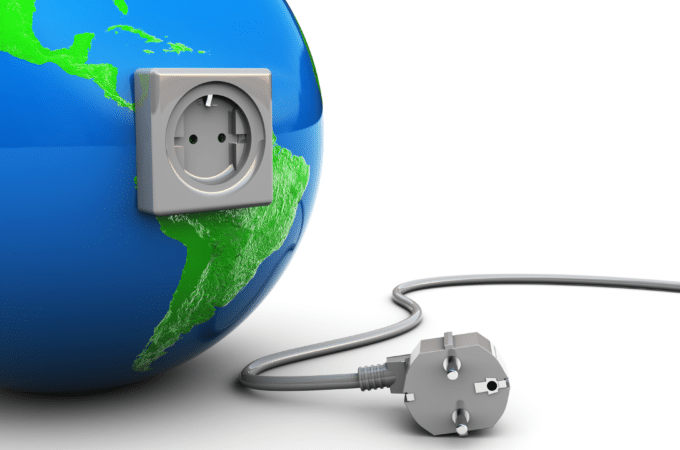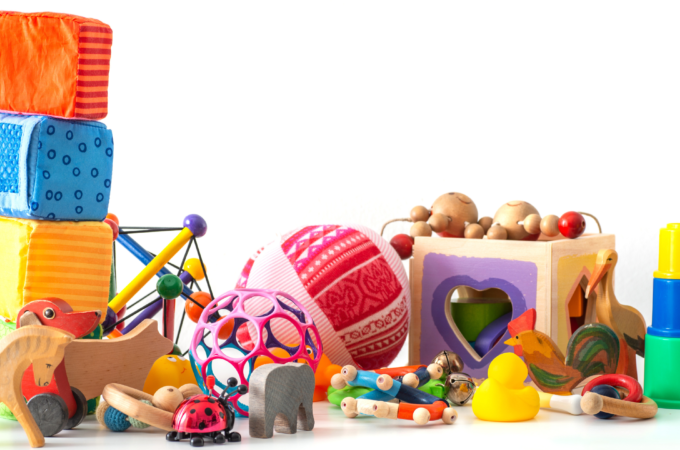Recently, we went to visit my parents with Baby Theo (and his bottles and diaper bag) in tow– a regular occurrence now that we live much closer to them. When it was time to feed Theo, my Mom took the bottle out of the fridge and pulled out the same
A few months ago, I was playing with my son Theo. Only a few months old at the time, one of his favorite things to do was staring at himself in a mirror (a typical past-time for infants who are a few months old). This particular playtime, Theo was propped
Note: This is a guest post written by Will Platnick, husband to The Christian Minimalist. As a new parent, I need to be much more intentional about how I spend my time. I want to make sure that I’m spending as much time as I can with my wife and
Like many of us, I’ve struggled over the years with simplifying my wardrobe. I’ve managed to gradually get my wardrobe down to 1/3 the size it was previously, but I still revisit my wardrobe periodically to see if I can simplify more. While experimenting with wardrobe simplification, I even wore
When I was in seminary (graduate school for people called by God to public ministry), I broke my foot. If you’ve ever broken a bone, you know painful it can be. But even more than that, you know how inconvenient it can be. Simple actions that you could do with
When I was a kid, we would often have family game nights. Bingo was a particular favorite. When playing Bingo, one person calls out the letters and numbers as they popped out of the Bingo cage spinner, and the rest would scramble to put their chips on the respective spaces
It’s no secret that technology has affected how many hours we work. Previously, many folks were able to leave work and then be present for home and leisure activities. But things have changed. In the last few decades, technology has redefined the workday from the humble “9 to 5” to
At this point, you’ve probably heard of Marie Kondo. Her first book, The Life-Changing Magic of Tidying Up became extremely popular in 2014, spawning more books, TV shows, a patented tidying up system, a branded organizational line at the Container Store, and a self-branded online store so that folks could
Last month, our lives changed with one phone call. After a long and involved process, my husband Will and I found out from our assigned social worker at the adoption agency that we were picked by the birth mother to adopt a baby boy! He had just been born two
Last month I participated in a silent retreat at Holy Cross Monastery. Yes, you read that correctly. I voluntarily signed up and went on a retreat at which no one talked for days on end. And yes, there were other people at this retreat. Twenty-five of us or so went










